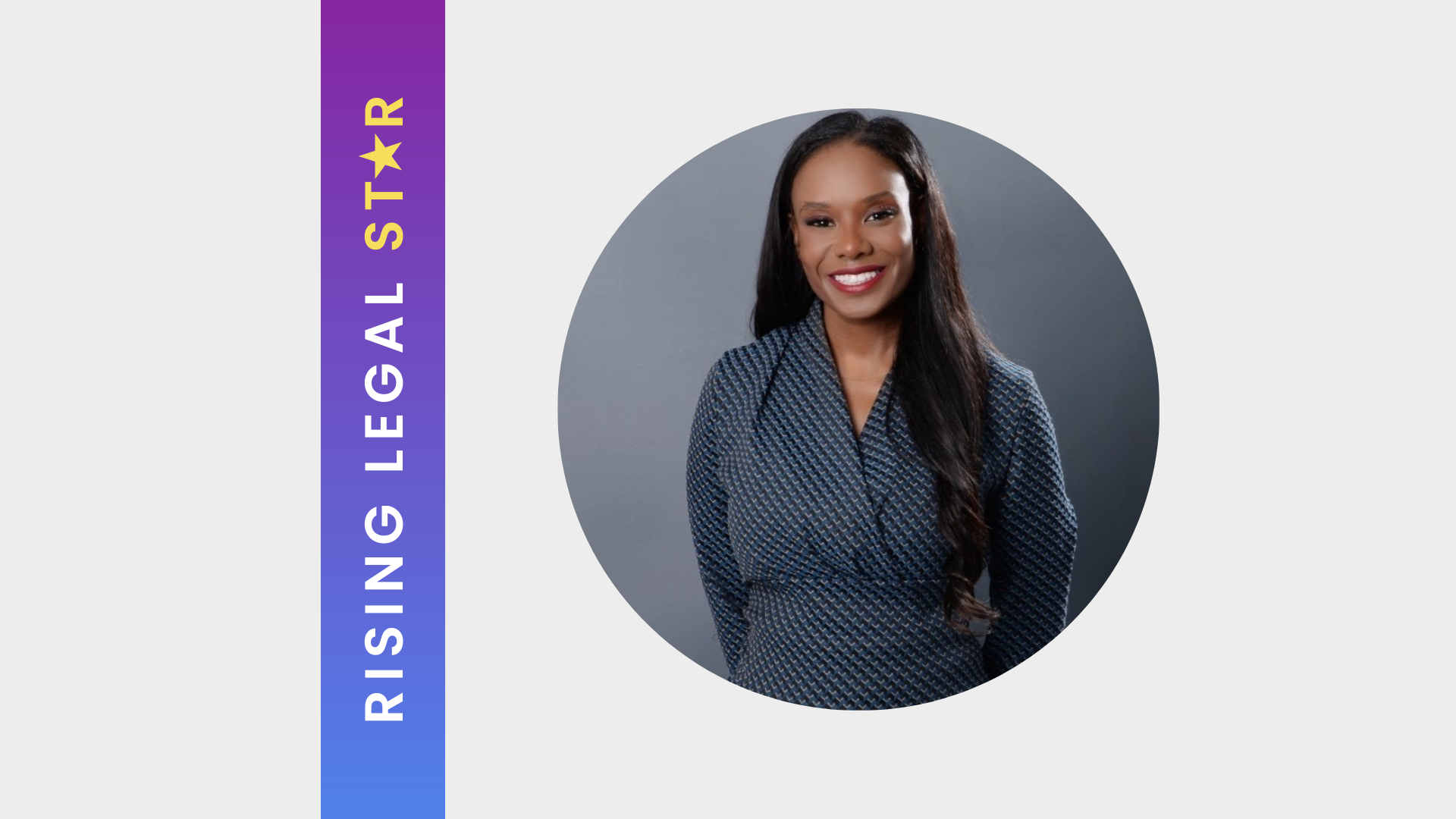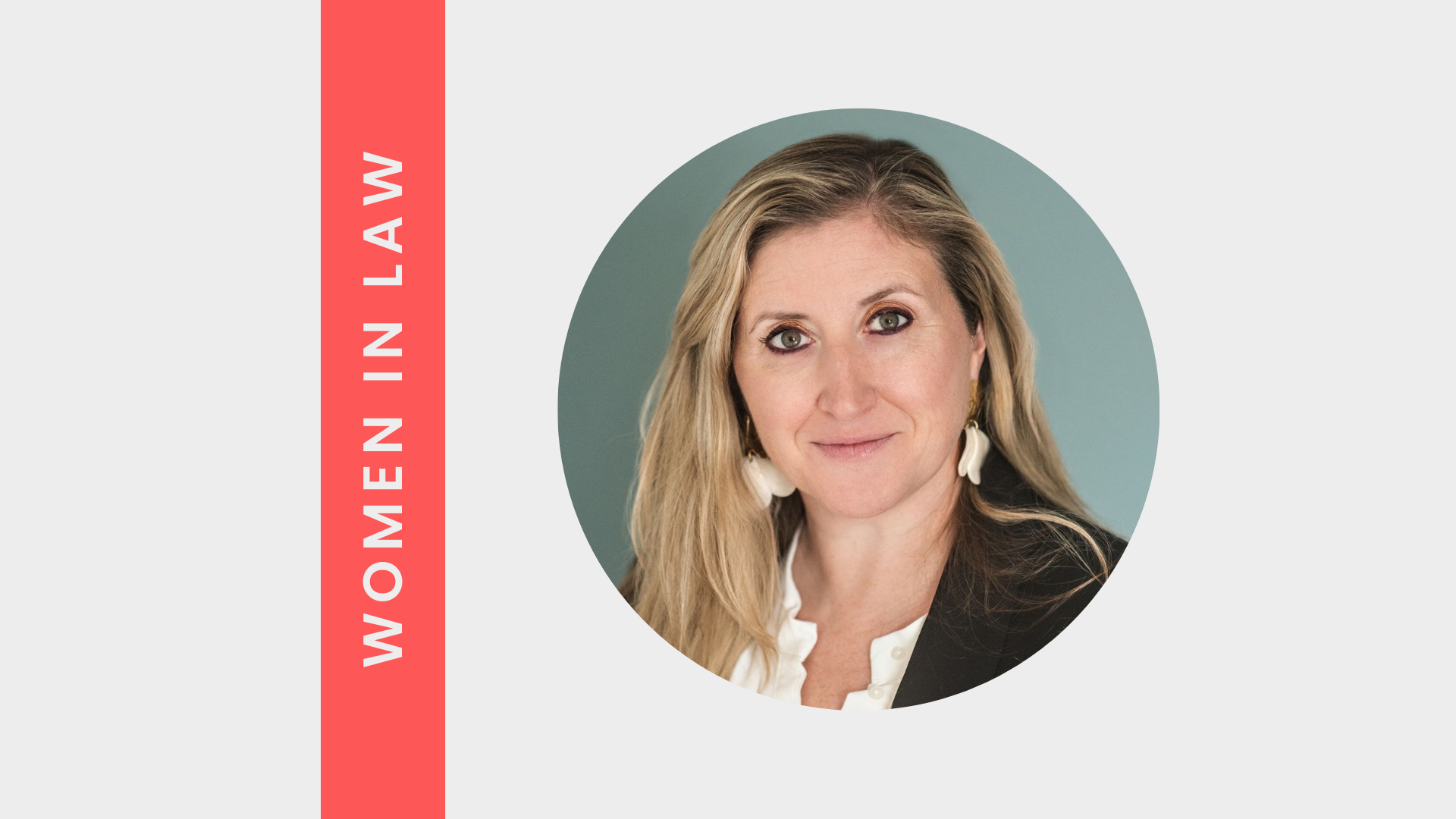Elements - Diversity & Inclusion: Tunde Fasoyiro
Tundeis a Compliance/Financial Crime Director and Ex- FSA/FCA regulator, with over 24 years’ Financial Services industry and regulatory experience, including senior roles in consulting, private banking / wealth management, investment banking, asset management and stockbroking. He is a provider of compliance, anti-money laundering and financial crime solutions who has held FSA / FCA controlled functions. Tunde has a proven track record in leading review programmes and setting up compliance and financial crime control frameworks, implementing policies, procedures and controls as well as carrying out remediation reviews. He is enthusiastic with a focus on enhancing firms’ compliance culture and strong business acumen in supporting client profitability and is a regular speaker on industry hot topics.
Can you tell us about your career progression to date into your current role?
I've been working in Compliance, Regulation and Risk for almost 25 years. I studied Finance and Banking at the University of Lagos then came to the UK and joined the Civil Service, initially working for HMRC as an admin officer. I got promoted to the Crown Prosecution Service as a Law Clerk and in total did about seven years with the Civil Service, even though I knew it was always a stepping stone to moving into the City. My first job in the City was with the Investors Compensation Scheme (now FSCS) as a Claims Assessor, working with customers who had been given negligent advice by companies which had since become insolvent. The natural next step was a move to the FSA (now FCA) and after trying eight times, I finally got a role there, managing relationships with a portfolio of firms ranging from stockbrokers, asset managers and hedge funds to IFA’s and insurance brokers. My time took in a lot of business travel but was good experience and exposure for me given my interaction with company CEOs and executives, building up my profile in Financial Services.
Eventually, I got headhunted as Head of Compliance and Money Laundering Reporting Officer (MLRO) by one of the firms that I used to supervise and that's how my industry career kicked off. My portfolio includes work for an asset manager as Head of Compliance and MLRO, setting up their Compliance Programme and progressing their FSA/FCA application for authorisation; a major bank, initially as their MLRO and latterly as Head of UK Compliance; a law firm where I set up their Financial Crime Regulatory Compliance practice; and then finally, last year I did an interim role on an AML project for a bank just before COVID, before joining my current firm where I work as Chief Compliance Officer.
What inspired you to go down the Compliance route with your career?
My interest in Compliance was sparked off by the collapse of Barings Bank in 1995. I became fascinated by the whole story of how one individual could lead to the collapse of a 200-year old bank due to a lack of segregation of responsibilities. Subsequent to the collapse, a significant number of Compliance roles began to spring up as banks came under a lot more regulatory scrutiny. It was a good time to join because the prospects and the opportunities were there, culminating in my first move into the City in 1997.
Could you pinpoint a time when you noticed the conversation on diversity and inclusion changing?
Things have moved on quite a lot since I started out in the City. In those days, there were “side remarks” made that today would be deemed offensive to people (whether you have an ethnic background, male or female etc), especially in Financial Services, on a trading floor, for example, but it has obviously changed in the last 10-15 years. A lot of companies are now introducing a Diversity &Inclusion (D&I) framework, sometimes in response to client demand – when I was at a law firm, there were clients that reserved the right to deduct a percentage of fees charged if they felt that the firm was unable to demonstrate that they had a robust D&I policy in place.
What are the benefits of having more diverse and inclusive teams?
An inclusive environment brings a sense of being valued and respected, which has a positive impact on productivity, innovation and creativity. When it’s embedded into the company culture, people know that they can speak up and give their ideas without being frowned upon or feeling that they are being discriminated against. Everyone brings something to the table, irrespective of race, culture, sexual orientation, religion or gender, and the more that is recognised, the better. There’s no excuse to not be working in such an environment now, especially post-COVID where everyone has been working virtually. Everyone benefits from a diverse and inclusive workplace – remember the acronym TEAM: Together Everyone Achieves More.
What do you think are the biggest challenges in regard to D&I and what are the common mistakes in our thinking?
One of the problems that still exists is the challenge to generate revenue at the same time as introducing a D&I framework or policy. All these departments have targets to meet each month, so embracing a new diversity policy is never seen as a priority. Organisations need to demonstrate, from the top, that embracing D&I isn’t optional. It needs to be part of the employment contract, part of the training and mentoring, and needs buy-in across the board to succeed.
From a D&I perspective, what would you like to see in FS and what would work best to embed these policies?
I believe it needs to be in everyone’s employment contract with disciplinary action for breaches, just like adhering to compliance programs. Things are changing and firms are implementing D&I policies, but we still have a long way to go. People should be heard, listened to, and valued. They shouldn’t be afraid to speak up or intimidated, they should feel physically and mentally safe. A lot of firms are now appointing D&I champions, and the more senior that person is, the better. If he/she is a board member for example, then clients will take notice, and candidates will take notice because soon people are only going to want to be associated with a company that embraces D&I.
Do you think your race has ever hindered any progression in your career?
That's always hard to tell because by nature I'm a very positive person. Unconscious bias is real, but at times it can be done in a very subtle way so you can't always prove whether or not you've been discriminated against. There was a firm that I worked for where I knew that I should have been promoted but was told I needed to enhance my profile, nothing wrong with my performance. There were no senior managers with black backgrounds there - so was that an unconsciously biased decision? Otherwise, I can’t say I have been openly discriminated against. Maybe I am one of the blessed ones that have managed to move to the next level regardless of my race.
What do you attribute your success to?
Working smart and maintaining a positive mental attitude for me is key. Even when things are not going my way, I take a deep breath, dust myself down and move on. Secondly, one of the things I do when I join an organisation is study the business, the people, the personalities, the egos – and work out how I can work with everyone. We spend a significant amount of our time at work and there's no point making yourself miserable and dreading going in. I might not necessarily like everybody, but I make sure that I get on with everybody, for the sake of work. Lastly, I've always been strategic in my approach to work in order to step up. A good work ethic, but with strategic ideas are what senior managers want. A lot of people work hard and do what they are asked to do, but they are just doers, and they can’t make that transition into being a strategic person who has the initiative to kick things off or run a project. Those are the attributes that have helped me most.
Have you had any mentors who have helped you or role models you have gained insight from?
Mentoring is key for me because no one has the whole package, and no one is the custodian of all experience. You need people who have more experience than you in your chosen area, and I have always had mentors in and outside of the workplace from who I can learn. Even now, I have weekly strategy meetings with my CEO where we bounce ideas around, which is good for me personally and good for the business. I mentor a lot of people as well, but when you're mentoring, the onus is on the mentee to take ownership and responsibility. You're the one giving value and they are the recipient, so they have to be proactive in trying to get something out of you.
What can hiring managers do to create anti-racist work environments and champion diversity in the modern age?
Keep an open mind with recruitment. We’re seeing more redacted or blind applications where names, gender and background are removed, and that’s helpful for recruitment, but actively promoting diversity is even better. I see a lot of roles now, as a result of my mentoring, where companies want to recruit from the BAME community to get a more diverse workforce. It will take time, of course, when you look at the senior management of most companies, it’s mostly white males, which is why there has been such a push to get more women to board level in recent years.
What strategies might help to better serve underrepresented communities?
Businesses need to target those communities more specifically to identify skill and talent because it is there, but the opportunities aren’t. Spreading awareness and training hiring managers is crucial too. If a business is looking for an executive director and the current five are all white males, then it’s imperative that they try to actively source from underrepresented communities with merit of course. Also, if there isn’t the senior talent out there, then promote from within. The more you transition underrepresented people from middle management to senior management, the larger the pool becomes.
What advice would you give to someone from a BAME background trying to get into the industry?
If you're starting out as a grad, turning 21, and you want to work in the City in Financial Services, get a mentor. They can help with your CV, with an internship maybe, which will help you focus on not just your strengths and weaknesses, but also where your passion lies because there’s no point going for a role that you’re not passionate about. Secondly, study your industry. There is so much information at one’s fingertips that can help in your research of organisations and people, and you can connect with people and ask questions on LinkedIn. This will lead onto networking and attending events in your target sector. My final piece of advice though would be to be mindful of what you post on social media channels – a lot of people have had things come back to haunt them later because prospective employers do check up on you!
Our latest insights







